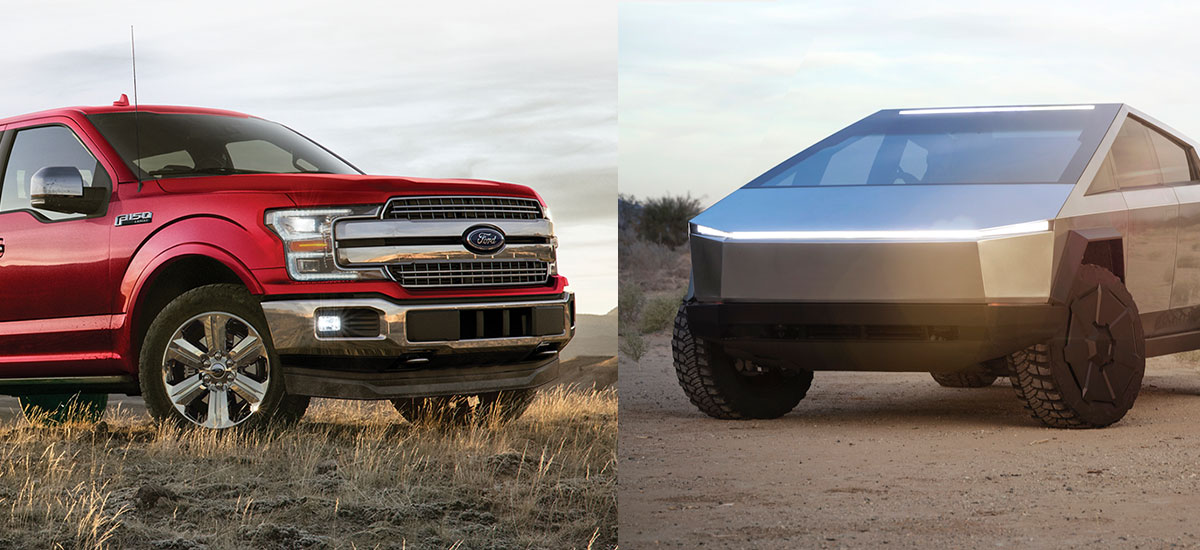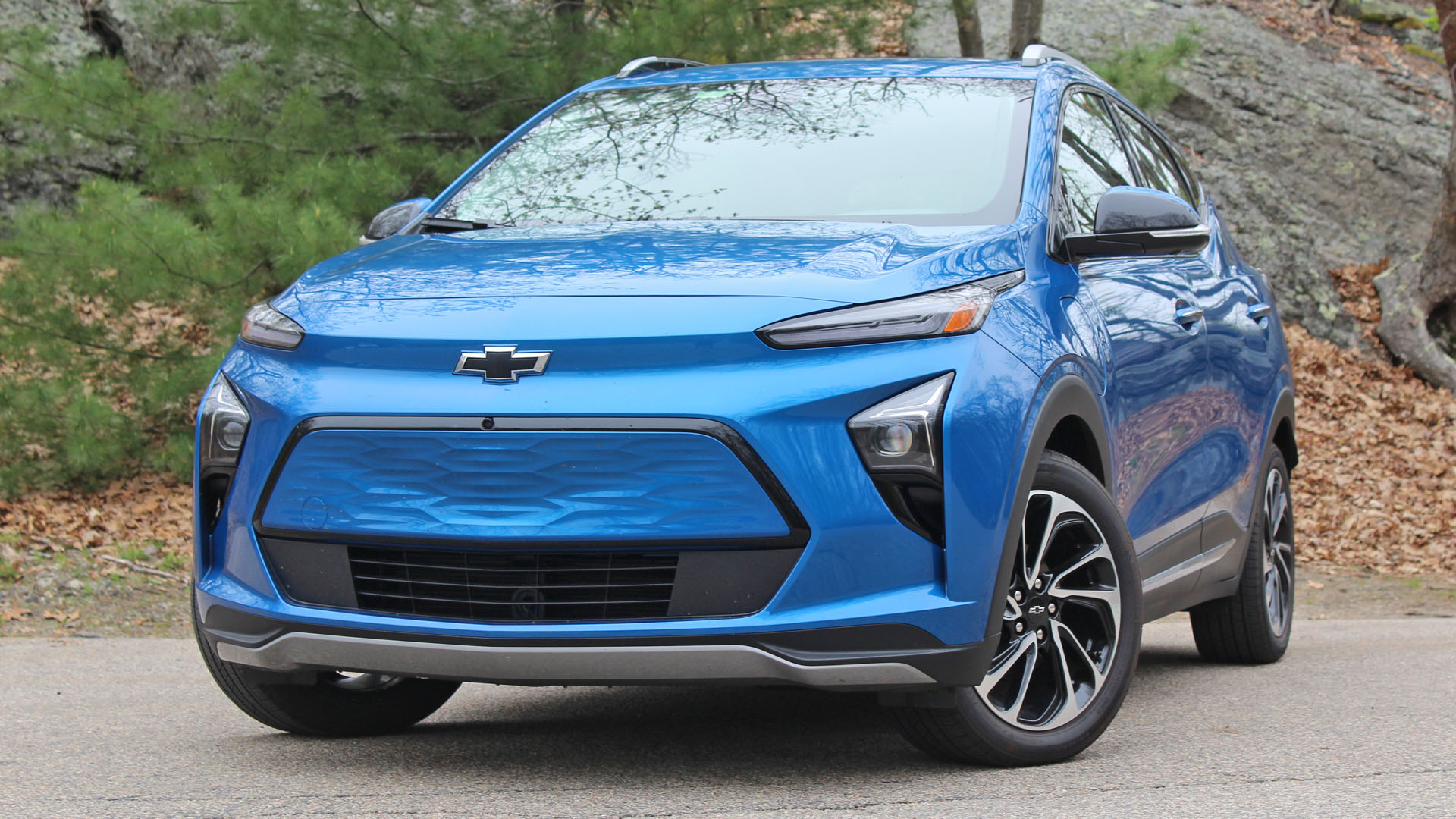How to Choose the Right Electric Vehicle for Your Needs

When it comes to figuring out how to choose an electric vehicle, the options can seem overwhelming. With the growing popularity of electric vehicles (EVs), consumers are faced with a plethora of choices catering to different needs, budgets, and lifestyles. This guide aims to simplify your decision-making process by providing you with an in-depth look at factors that matter most when selecting the right EV for you.
How to Choose an Electric Vehicle: A Comprehensive Guide

As more people turn to electric vehicles, it’s important to understand what sets them apart from traditional gasoline-powered cars and how they can fit into your life. To successfully navigate this new automotive landscape, potential buyers need to evaluate their driving habits, budget, and lifestyle requirements.
With advancements in battery technology and charging infrastructure, EVs have become more accessible than ever before. Below, we will explore the reasons to consider an electric vehicle, the various types available, essential factors to contemplate, popular models in the market, and crucial tips for test-driving and evaluating an EV.
Why Consider an Electric Vehicle?

As an environmentally friendly alternative to conventional vehicles, electric vehicles offer numerous benefits that extend beyond mere fuel efficiency.
Benefits of Electric Vehicles (EVs)
The appeal of electric vehicles goes beyond just saving money on gas. Primarily, they offer lower emissions, contributing positively to air quality. An EV produces zero tailpipe emissions, which significantly reduces pollution levels in urban settings where vehicle congestion is common. More people adopting electric vehicles means fewer harmful gases being released into the atmosphere.
Additionally, EVs tend to have fewer moving parts compared to internal combustion engine vehicles. This leads to reduced maintenance costs over time, as there are no oil changes or complex drivetrain components to worry about. Many manufacturers also offer extensive warranties on EV batteries, providing peace of mind regarding the long-term reliability of your investment.
Moreover, electric vehicles often come with government incentives such as tax credits, rebates, and access to carpool lanes. These perks can make transitioning to an electric vehicle even more attractive.
Environmental Impact and Sustainability
Given the urgent need to address climate change, many consumers are motivated by the environmental benefits of electric vehicles. Traditional vehicles contribute significantly to greenhouse gas emissions, while EVs provide a cleaner alternative. The electricity used to charge these vehicles can also be sourced from renewable energy, further reducing their overall carbon footprint.
Investing in electric vehicles not only supports sustainable energy practices but also aligns with a growing global trend toward green living. As consumers become increasingly conscious of their ecological impact, owning an EV becomes a statement of values—one that promotes sustainability for future generations.
Cost Savings on Fuel and Maintenance
Cost savings represent one of the most compelling reasons to switch to electric vehicles. While the initial purchase price may be higher than that of a gasoline car, EV owners typically save on fuel costs due to the lower price of electricity compared to gas. Furthermore, maintenance expenses tend to be lower since electric motors require less upkeep than traditional engines.
Calculating the total cost of ownership for an electric vehicle can reveal significant savings over the lifespan of the car. More and more drivers are realizing that investing in an EV can be economically advantageous, particularly as fuel prices continue to fluctuate.
Different Types of Electric Vehicles

Understanding the different types of electric vehicles is crucial when determining how to choose an electric vehicle that suits your needs best.
Battery Electric Vehicles (BEVs)
Battery Electric Vehicles are fully electric and run solely on electricity stored in their battery packs. They do not contain an internal combustion engine, resulting in zero emissions and a quiet driving experience. BEVs are ideal for eco-conscious consumers who want to minimize their carbon footprint.
Charging options for BEVs include home charging stations and public charging networks. Depending on the vehicle’s battery capacity, charging times can vary, but advancements in fast-charging technology are continually improving accessibility.
Plug-in Hybrid Electric Vehicles (PHEVs)
Plug-in Hybrid Electric Vehicles combine an electric motor with a traditional gasoline engine. This dual system allows drivers to use electricity for short trips while retaining the option of gasoline for longer journeys. PHEVs offer flexibility, making them an excellent choice for those hesitant to commit fully to an electric-only vehicle.
Drivers can charge PHEVs at home or utilize public charging stations. In all-electric mode, PHEVs produce no emissions and can operate solely on electric power for a limited range, after which the gasoline engine kicks in for extended travel.
Hybrid Electric Vehicles (HEVs)
Hybrid Electric Vehicles feature both a gasoline engine and an electric motor that work in tandem but cannot be plugged in to recharge. Instead, HEVs generate electricity through regenerative braking and the internal combustion engine. While they offer improved fuel economy compared to traditional vehicles, they do not deliver the same level of emissions reduction as BEVs or PHEVs.
HEVs are well-suited for consumers who primarily take short trips but also require the convenience of gasoline power for longer drives.
Factors to Consider When Choosing an Electric Vehicle

Choosing the right electric vehicle involves careful consideration of several key factors that align with your personal circumstances. Understanding these elements will help ensure that you select an EV that meets your requirements and enhances your driving experience.
Driving Range and Battery Life
One of the first considerations when choosing an electric vehicle is its driving range per charge. Most EVs have a range between 100 to 300 miles, depending on the model and battery capacity. For daily commuters, a vehicle with a shorter range may suffice, but if long-distance travel is frequent, opting for a model with an extended range is advisable.
Another important aspect is understanding how battery degradation can impact performance over time. All lithium-ion batteries lose capacity as they age, which can reduce the vehicle’s range. Researching battery longevity and user experiences can provide valuable insights into the long-term viability of different models.
Charging Options and Infrastructure
Assessing your charging options is vital for ensuring a smooth transition to an electric vehicle. Home charging solutions, such as Level 2 chargers, can significantly enhance convenience and reduce reliance on public charging stations. If you plan to charge your vehicle at home, consider the installation costs and whether your electrical system can support the necessary upgrades.
Public charging infrastructure is also critical, especially for those who don’t have access to home charging. Familiarizing yourself with local charging networks and app-based resources can help you identify convenient charging locations. Evaluate the types of chargers available, as some public stations offer fast-charging capabilities, enabling quicker refueling during long trips.
Vehicle Size and Purpose
Identifying the primary purpose of your vehicle will assist in narrowing down your options. Are you looking for a compact car for city commutes, or do you need a larger SUV for family outings? Evaluating cargo space and passenger capacity is essential for ensuring that the vehicle meets your practical requirements.
If you frequently transport goods or have a growing family, consider models designed with ample storage and seating configurations that cater to your needs. The diversity of electric vehicles available today means you can find an option that combines utility and sustainability without compromising on style.
Budget and Incentives
Determining your budget is pivotal to choosing the right electric vehicle. While the upfront costs of EVs can be higher than traditional cars, the long-term savings on fuel and maintenance should factor into your decision-making process. Researching federal and state incentives, including tax credits and rebates, can further offset initial expenses.
It’s also worth examining ongoing costs such as insurance and maintenance. Some insurers provide discounts for electric vehicle owners, so shop around for the best rates. Make sure to account for any additional services you may need, such as home charger installation.
Performance and Features
Finally, evaluate performance and features when deciding on the right electric vehicle. Acceleration and driving experience can vary widely among models, so take the time to consider how each vehicle behaves on the road. Many EVs offer instant torque, resulting in a unique and spirited driving experience.
In addition to performance, technology and safety features play a crucial role in modern electric vehicles. Look for advanced driver-assistance systems (ADAS), infotainment options, and connectivity features that enhance your everyday driving experience.
Popular Electric Vehicle Models in the US Market

The electric vehicle market has expanded dramatically in recent years, with numerous models gaining popularity due to their range, affordability, and features. When considering how to choose an electric vehicle, familiarity with top models can guide your decision.
| Model | Type | Estimated Range | Price Range |
|---|---|---|---|
| Tesla Model 3 | BEV | 263-353 miles | $39,990-$56,990 |
| Chevrolet Bolt EV | BEV | 259 miles | $31,000-$43,500 |
| Ford Mustang Mach-E | BEV | 230-300 miles | $42,895-$61,600 |
| Toyota RAV4 Prime | PHEV | 42 miles EV range | $38,100-$41,700 |
| Honda Clarity | PHEV | 47 miles EV range | $33,400-$36,600 |
Each of these models comes with unique specifications that cater to varying preferences. For example, the Tesla Model 3 is renowned for its high range and advanced autopilot features, making it a favorite among tech enthusiasts. Conversely, the Chevrolet Bolt EV attracts buyers looking for a cost-effective way to enter the electric vehicle market without sacrificing reliability or range.
Exploring these models and others will give you a broader sense of the electric vehicle landscape and what works best for your lifestyle.
How to Test Drive and Evaluate an Electric Vehicle

Once you’ve narrowed down your options, arranging test drives is a critical step in evaluating your potential electric vehicle. These hands-on experiences allow you to assess the comfort, performance, and features firsthand.
What to Look for During a Test Drive
During your test drive, pay attention to how the vehicle handles, accelerates, and brakes. Electric vehicles offer unique driving characteristics, such as immediate torque delivery, which can create a thrilling experience. Ensure you feel comfortable behind the wheel and that the vehicle suits your driving style.
Take time to evaluate interior comfort, visibility, and infotainment systems. Do the controls feel intuitive? Is there enough space for passengers and cargo? Test the sound insulation and ride quality to determine if the vehicle meets your standards for day-to-day driving experiences.
Questions to Ask Dealers or Manufacturers
When visiting dealerships, don’t hesitate to ask questions that can clarify your purchase decision. Inquire about warranty coverage, battery life, and any specific maintenance protocols. Understanding the dealership’s service offerings and support for electric vehicles is also essential for long-term satisfaction.
Ask about available incentives and financing options, as some dealers may have unique promotions for electric vehicles. Lastly, inquire about test drive policies, as extended trials can provide a better sense of how the vehicle fits into your lifestyle.
Final Tips for Choosing the Right Electric Vehicle for You
Matching your lifestyle and needs with the right electric vehicle requires thoughtful consideration and thorough research. Begin by assessing your typical driving habits, daily commute, and transportation requirements. The aim is to select a model that complements both your current situation and future aspirations.
Consider planning for advancements in electric vehicle technology, including autonomous driving features and improved battery performance. As the industry evolves, staying informed will help you remain confident in your choice and adapt seamlessly to emerging trends.
Video

Conclusion

Choosing the right electric vehicle involves a multifaceted approach that includes evaluating your unique driving habits, budget constraints, and environmental goals. By considering the various types of electric vehicles and their respective benefits, along with essential factors like driving range, charging options, and performance features, you can make an informed decision that aligns with your lifestyle. As you explore popular models and take advantage of test drives, remember that the perfect match for your needs is out there waiting for you to discover.
You can read: Electric Vehicle Cost: 5 Ways BYD is Revolutionizing EV Pricing Against Tesla


